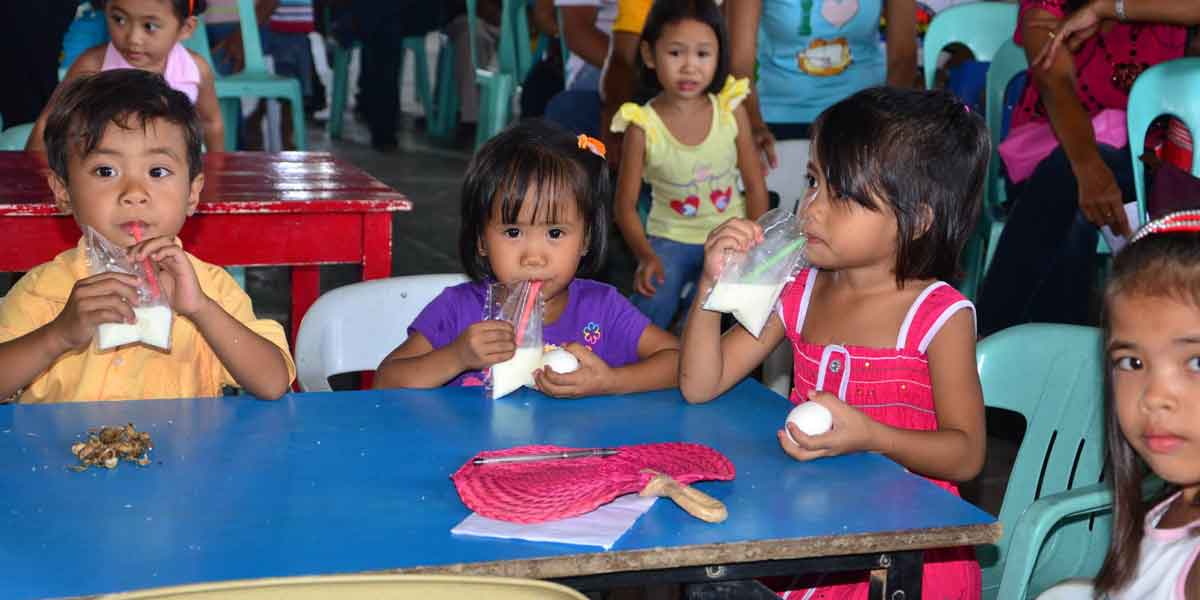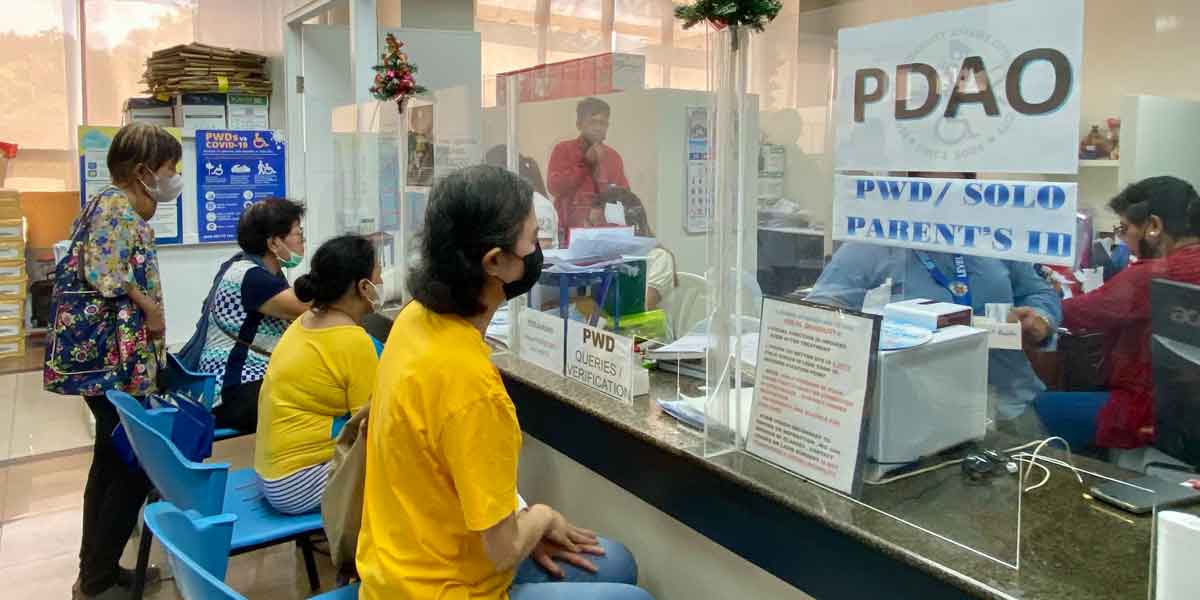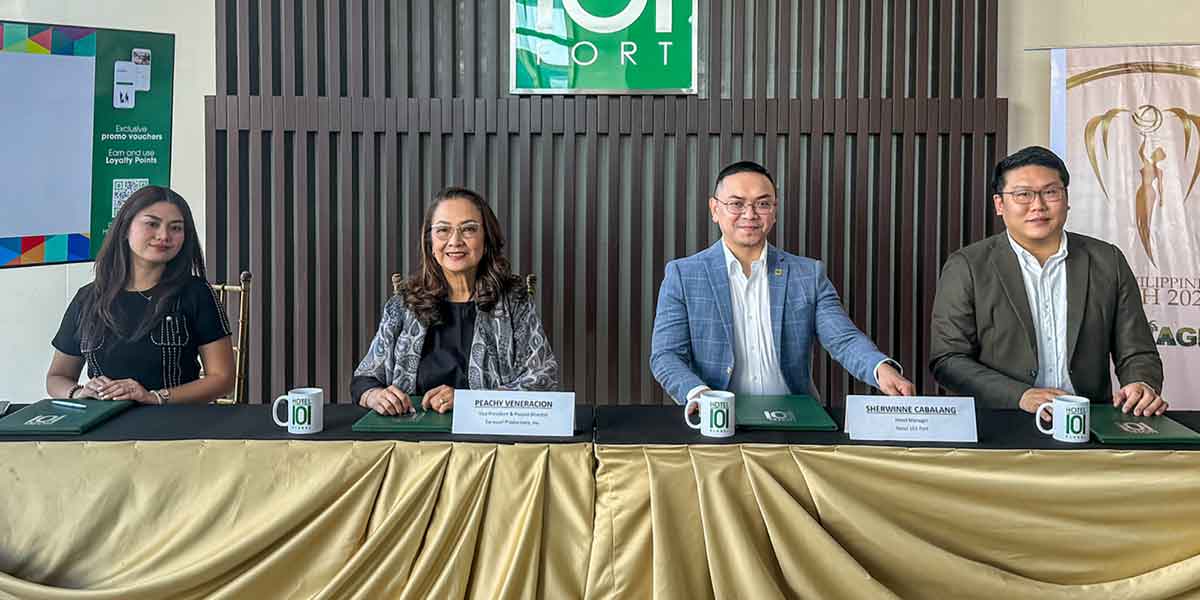
Photos by: Tammy David/ Evident
WHILE the unemployment rate in the country is at 5.2% as of January 2019, according to the Philippine Statistics Authority, this percentage is not solely attributed to the lack of jobs. In fact, the bigger problem may be in job matching instead of job shortage.
According to Technical Education and Skills Development Authority (TESDA) Deputy Director for Policies and Planning General Rosanna Urdaneta, a surprising challenge faced by the agency is the lack of job applicants in certain sectors. Urdaneta cited, for example, that this is one of the biggest problems encountered in the construction sector of the government’s Build, Build, Build program.
“Ang daming requirements, pero ayaw ng tao kasi they find it dirty, difficult, and dangerous (There are a lot of job openings but people are not applying because…),” Urdaneta said on the sidelines of the One Step Ahead Forum in Manila on Tuesday, 4 June.
One Step Ahead Forum Manila was organized by Asia Society Philippines and J.P. Morgan Philippines as an avenue for education, labor, and business leaders to discuss the role of their industries in bridging the gap between education systems and labor market needs.
According to Urdaneta, the agency allocated a lot of funding for scholarships for the Build, Build, Build program’s key sectors. But there are times when classes have to be dropped since they couldn’t reach the number of applicants needed to for it to push through.
“For you to have a cost-effective and cost-efficient program, it has to have 20 trainees. Pero minsan 10 lang, so hindi na namin pwede (ituloy) kasi hindi na siya cost-effective (But sometimes we only have 10 students so we can’t push through since it’s no longer cost-effective),” she added.
TESDA already removed courses such as encoding and other clerical work, citing the lack of applicants, and that such courses should already be core employment skills.
“We believe na lahat yun (all of these) should be a core skill, a basic requirement for any individual: to know how to navigate technology,” said Urdaneta.

Adapting to the labor market
TESDA highlighted that as technological advancements modernize the changing workplace environment in the country, there’s a need for the Filipino workforce to adapt to the demands of the labor market. The ongoing digital shift also calls for higher-level skills and training for workers, Urdaneta noted.
TESDA currently uses the concept of “Seek, Find, and Train” to ensure that technical students secure jobs and livelihood beyond training. Under this system, the agency creates opportunities for Filipino workers by seeking the demands of different industries, finding individuals and matching them with the right programs, and training these individuals under their system.
Under Secretary Isidro La Peña, TESDA is ensuring that skills trainings or any other endeavors should help students get a job or livelihood right after.
“What he’s (Sec. La Peña’s) trying to espouse right now is that, you really need to seek what is the demand of the industry for us to be able to really come up with specific programs on that particular sector so that, ma-employ yung mga tao later (individuals get employed later on),” Urdaneta added.
Urdaneta noted that TESDA addresses the skills-and-jobs matching issue in the country through planning with different stakeholders, identifying where the jobs are, having priority areas, and utilizing their two-pronged approach for their Technical-Vocational Education Training (TVET) Program.
TVET is focused on social equity and poverty reduction, and global competitiveness and workforce readiness.

Addressing the need for skills training
Based on discussions at the One Step Ahead Manila forum, two other key problems in the Philippine employment sector arose. These were graduates’ lack of skills, and filling the job demand.
First, according to Ayala Corporation Chairman and CEO Jaime Augusto Zobel de Ayala, who gave the keynote at the forum, some 65% of fresh graduates lack the skills for employment in the Philippines.
Ayala Corporation institutionalized outcomes based education in their schools and created the Professional Employment Program (PEP) to transition youth from education to employment opportunities. The company then aligned PEP curricula with the needs of the industry through collaboration with partner employers.
“Through PEP, 90% of our graduates who have taken the program were employed within 90 days, and received starting salaries which are 20% higher than the average,” said Zobel de Ayala.
“These things can be fixed…all of us can find ways to bring this divide that’s increasing and is happening between the education sector and employment sector more closely together,” he added.
Meanwhile, Former Department of Information and Communications Technology (DICT) Undersecretary Monchito Ibrahim addressed the issue of filling job demands in his panel. Ibrahim used the information technology industry to stress that companies are constantly on the lookout for workers.
“We need more than 6,000 coders in the Philippines. We have more than 600 software companies in the Philippines and they need very very good coders,” he added.
The solution the DICT created to fill in the demand for coders is the National Coding Bootcamp, a 9-month long program where IT students experience 6 months of academic training and 3 months of on-the-job training under big names in the IT industry. The National Coding Bootcamp currently has a 100% company absorption rate for its students.

Cross-sector collaborations
In her welcome remarks, Asia Society Philippines Chair Doris Magsaysay Ho said that such collaboration is needed “to ensure that the new realities that come with digital disruption can be more beneficial than threatening.”
Ho also highlighted the importance of discussing how the youth can be transitioned from education to employment.
“We have to be sure that our kids are ready for those transitions in the future. And I think that’s what this forum brought out: how do we stay agile, how do we stay committed to that,” she said.
Meanwhile, JP Morgan Philippines chair Roberto “Bobbit” Panlilio shared that equal opportunities for all is their vision for the future of work. “We believe in addressing the need for widely shared prosperity, and more specifically, providing opportunities for young people to succeed is critically important in today’s fast evolving and technology-driven economy.”
Preparing the Philippines for the future of work means that creating reforms in education systems, and pushing for more cross-sector collaborations should be considered. One Step Ahead highlighted such strategies and put the country one step closer to achieving inclusive growth.
Asia Society is the leading educational organization dedicated to promoting mutual understanding and strengthening partnerships among peoples, leaders and institutions of Asia and the United States in a global context.
Its local center, Asia Society Philippines, is the sole Southeast Asian center of the 14 centers of Asia Society worldwide.
Asia Society Philippines seeks to improve greater people-to-people understanding and respect between Asia and the West, between Asia’s many peoples, and among Filipinos. Through its programs in public policy, business, and arts and culture, Asia Society Philippines seeks to make a meaningful contribution in the work towards a more united, peaceful and progressive world.


















